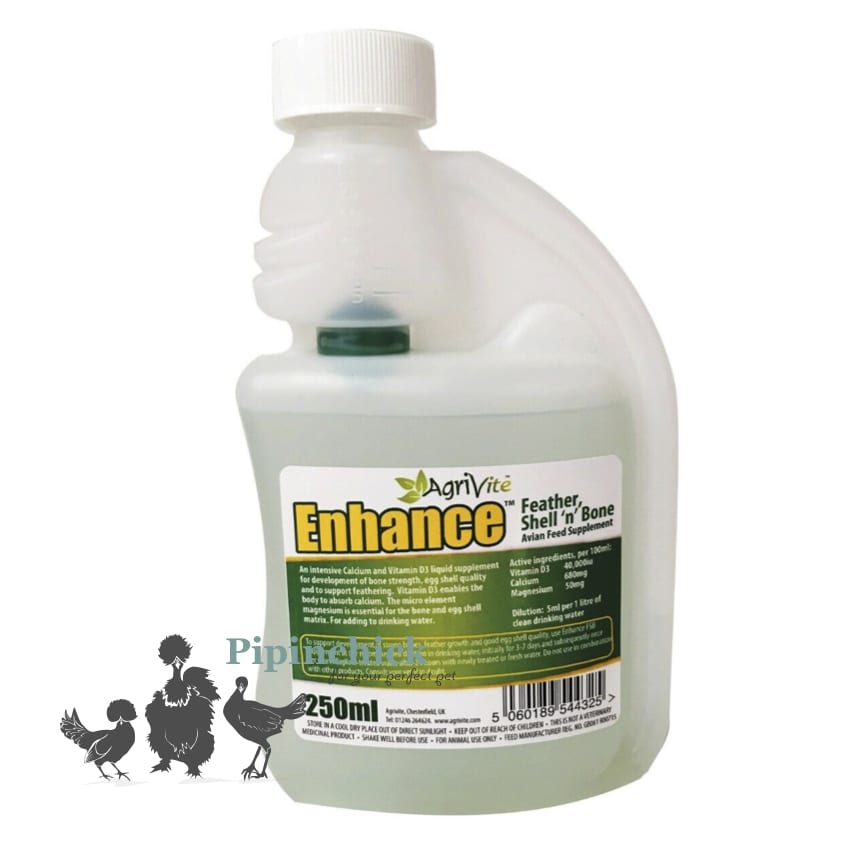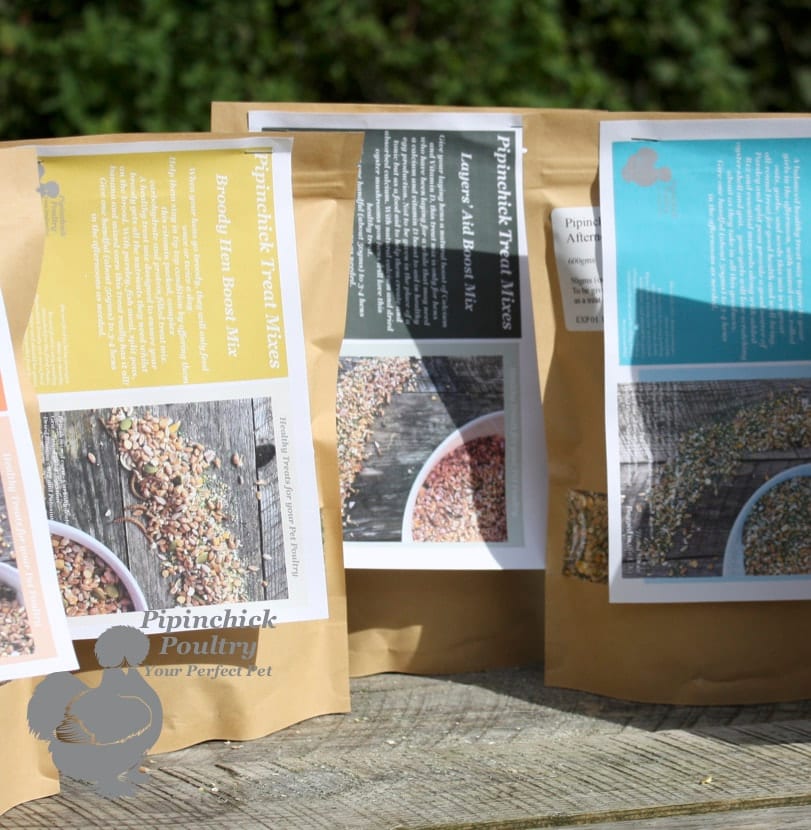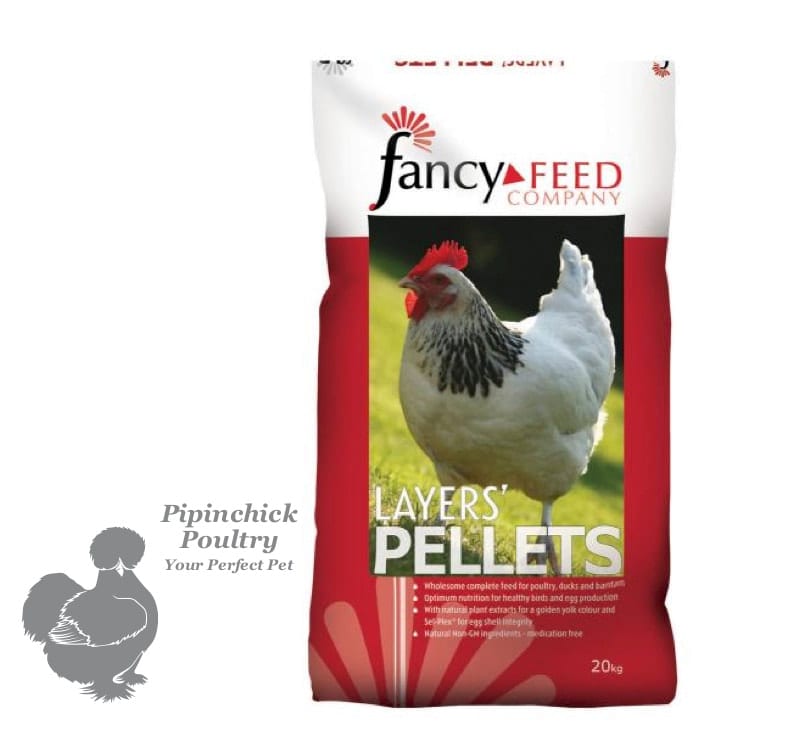How to Help Your Egg-Bound Chicken.
We all love keeping chickens and collecting their egg gifts they leave for us however, sometimes the hen’s reproductive system can have a mal-function and the egg does not form correctly, which is known as being egg bound – this can be due to not enough vitamin D or calcium in your hen’s diet.
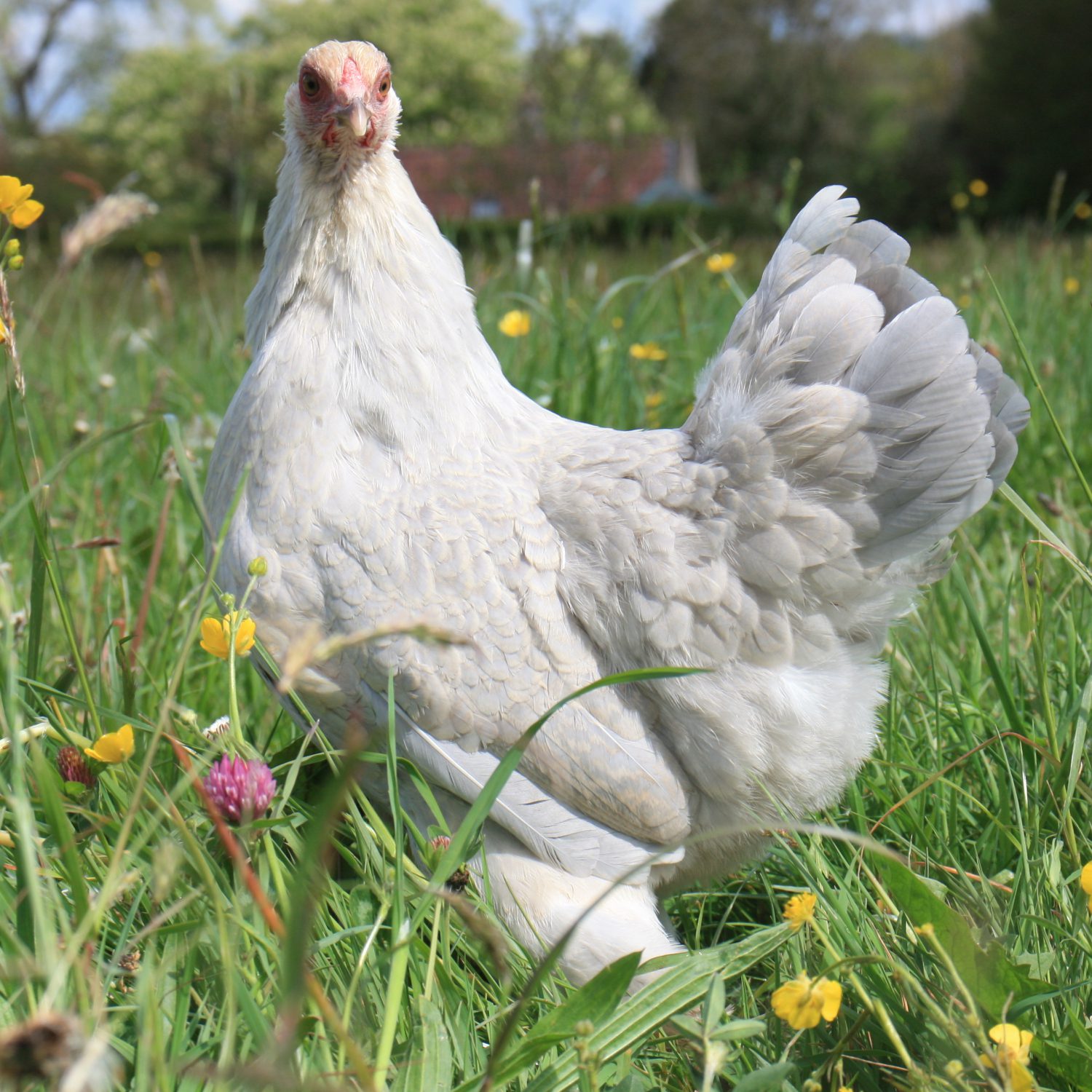
How do Hens Produce Eggs?
A chicken’s egg production process takes 24-26 hours from start to finish. The egg begins inside out as a yolk and then moves its way through your hen’s body picking up various nutrients along the way as it forms the egg white and shell. Calcium is used to harden the shell, if there is not enough surplus calcium in the hen’s system the shell will become mal-formed, soft or even non-existent. Without enough calcium in the hen’s diet there can be long term damage as the hen could develop brittle bones because she will be take calcium from her bones to create the egg’s shell.
Image Credit, Norfolk Zoo, VA, USA.
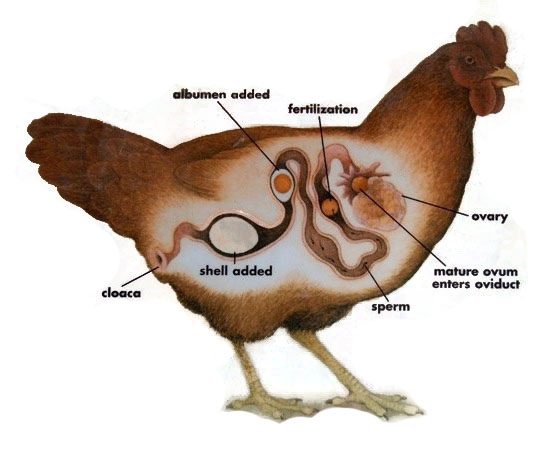
What Does ‘Egg-Bound’ Mean?
When an egg is mal-formed or soft it is very difficult for the hen to pass the egg through her vent or cloaca, this is the hole from which the chicken pees, poops and lays eggs, you can find this under her tail, above her back legs. If an egg is stuck you may see some pulsing of the vent and even discharge. Once the egg is stuck our bound you will have to try and remove the egg before the hen can lay normally again. If the egg is not removed in good time and an infection occurs the hen can die.
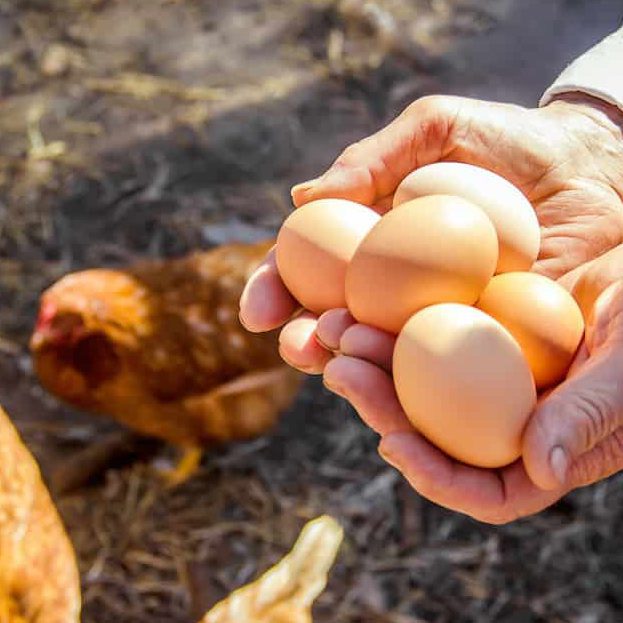
Symptoms of an Egg-Bound Chicken.
A very early warning sign is a sudden change in their laying behaviour, has she gone from laying consistently to suddenly stopping? This can also be to do with feather moulting and the time of year, if your hen suddenly stops laying have a look at other factors and see if this is unusual or not. Lethargy and sleepiness, sometimes when a hen has become egg bound they can become quite floppy and lethargic, they may also find it hard to walk and might even start walking with a gait or a waddle. Look out for a mucky back end, if the hen has a stuck egg she will eventually begin discharging from her vent, an infection may occur in which case you will see white, green and even yellow discharge. Sometimes, you may be able to feel an obstruction, under the vent between the hen’s legs you may be able to feel a squishy lump or mass, it may even be quite hard and oddly shaped, the area would also feel swollen, enflamed and even hot to touch.
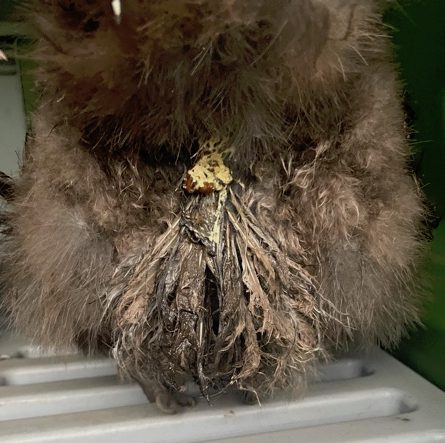
How to Treat an Egg-Bound Hen.
Treating an egg-bound hen can be tricky and long. If you suspect an egg-bound hen then the first thing to do is to try and relax the hen enough to be able to pass the egg herself.
Firstly, give the hen about 5mls of suspended Ibuprofen, chickens can have ibuprofen in small amounts and it works in 2 ways, firstly as a pain relief, if she has a bound egg it will be very sore and uncomfortable, secondly as a muscle relaxant, by relaxing the hen’s muscles and relieving the pain she may find it easier to pass the egg.
After about 30 minutes of giving the ibuprofen run your hen a warm bath with Epson salts, use these generously, we recommend using a tub or a sink that will allow enough warm water to come to the middle of the bird’s wings, then use about 3-5 heaped tbs of Epson Salts dissolved in the warm water. The salts also work as a muscle relaxant, along with the warm water the hen will feel calm and relaxed, then gently massage the back end around the vent. Do this for about 20 minutes or so. You may find a lot of discharge will come out which is good. You may find this is enough and the egg will come out immediately, often it can take about 3-5 days of repeating this process, try and do this twice a day if you can or once a day as a minimum. Dry with a towel to remove the worst of the water and then finish with a hair dryer, do not return the hen outside until she is fully dry, especially in colder weather.
When To Call a Vet.
When to call your vet is entirely up to you, if you feel your hen is suffering a lot then call the vet for advice, if you feel the hen has a serious infection you will also need to call a vet to obtain some antibiotics.
You can give some herbal remedies in the meantime if you are trying to treat at home first, give the below to your hen once a day:
2 Tbs natural live yogurt with ¼ tsp natural honey, ¼ tsp garlic powder, ¼ tsp oregano and ¼ tsp turmeric, all work as a natural antibiotic and the turmeric is also a natural anti-inflammatory. You can mix this in with a handful of corn to make it more tempting for your hen.
If you have tried the above with no results after 3-5 days or if the hen’s health suddenly declines, call your vet, try and find a local farm vet that will see you as they have a slightly wider knowledge of chickens than a domestic pet vet.
How to Prevent Your Hen from Getting Egg Bound.
Keeping your hen healthy and topped up on all the calcium she needs is one of the best ways to prevent your hen from becoming egg bound. You can do this by offering our Forager Layers Aid treat mix in the afternoons or adding a calcium and vitamin D tonic to their water, you can also offer our Essential Oyster shell and dried mushroom mixed in with their regular pellet feed.
Do not over treat and let your hen to get overweight as when hens carry too much body fat it can disrupt their reproductive system, ensuring your hen is on a diet of good quality layers pellets this should make up 80% to 90% of your hen’s diet.
5 Signs Your Hen Might Be Egg Bound
- Lethargy, Loss of Appetite
- Pulsing Vent, Possible Discharge
- Sudden Change in Laying Behaviour
- Walking With a Gait or Waddle
- Swollen, Hot Undercarriage with Lump or Obvious Mass
Why Do Chickens Forage?
If like us you enjoy sitting in your garden and watching your chickens scratch about you may begin to ask yourself what exactly are they doing? They scratch back and forth working a patch of ground over and over, intently concentrating and pecking the dirt. This is a completely natural behaviour that seems to be rooted into a chicken’s DNA…. they are foraging.
Chickens forage as a natural way to find food, they scratch the ground to source goodies such as grubs and insects and to take in grit to help their digestion. The also forage and scratch the ground to create dust baths to naturally keep mites at bay and as a social behaviour.
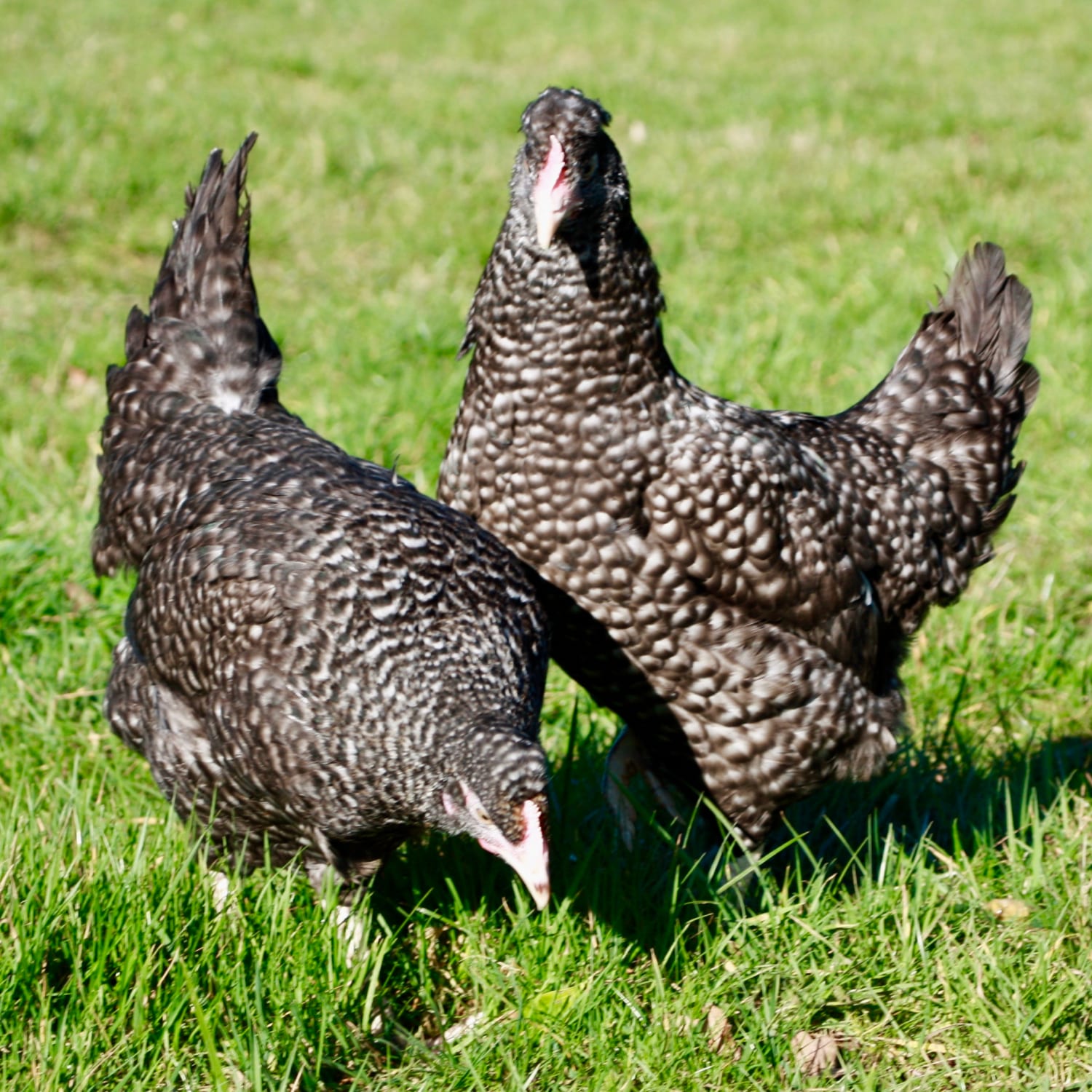
Foraging for Food
Chickens love to forage, even our little, fluffy back garden buddies, it is a natural behaviour that is essential for a chicken to be happy and healthy. If you’re lucky enough to have a large space your hens will enjoy wondering about, scratching up yummy treats, but if you have a smaller space it is very important to try and create an area they can exhibit this natural behaviour.
You can make a forage patch within their run and fill it with bark, earth, sawdust, gravel etc…. you can even put in tasty treats such as corn and mealworms to give them something yummy to scratch up. Foraging is also a great way to keep their toe nails nice and trim.
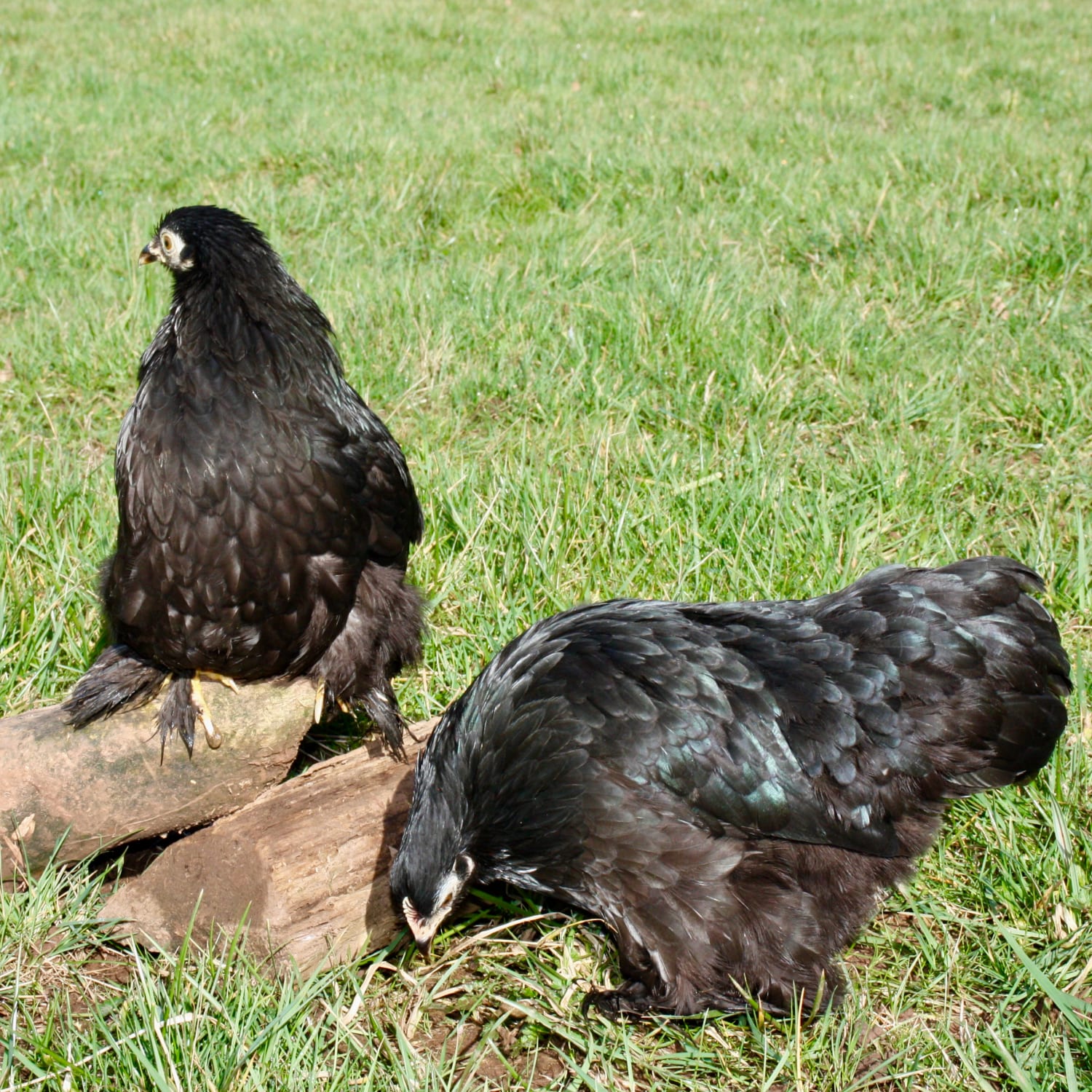
Foraging for Happiness & Health
Chickens love to be outside and creating a natural area for them to forage with not only provide them with nutritional benefits such as grit and proteins bit will also make them happy. Being able to exhibit their natural behaviour is very important for overall wellbeing and happiness. Your hens will also need to forage outside to allow them to get a good dose of Vitamin D from the sun, this is so important for laying hens in particular as they need vitamin D to allow their body to absorb calcium properly which is essential for healthy egg laying.
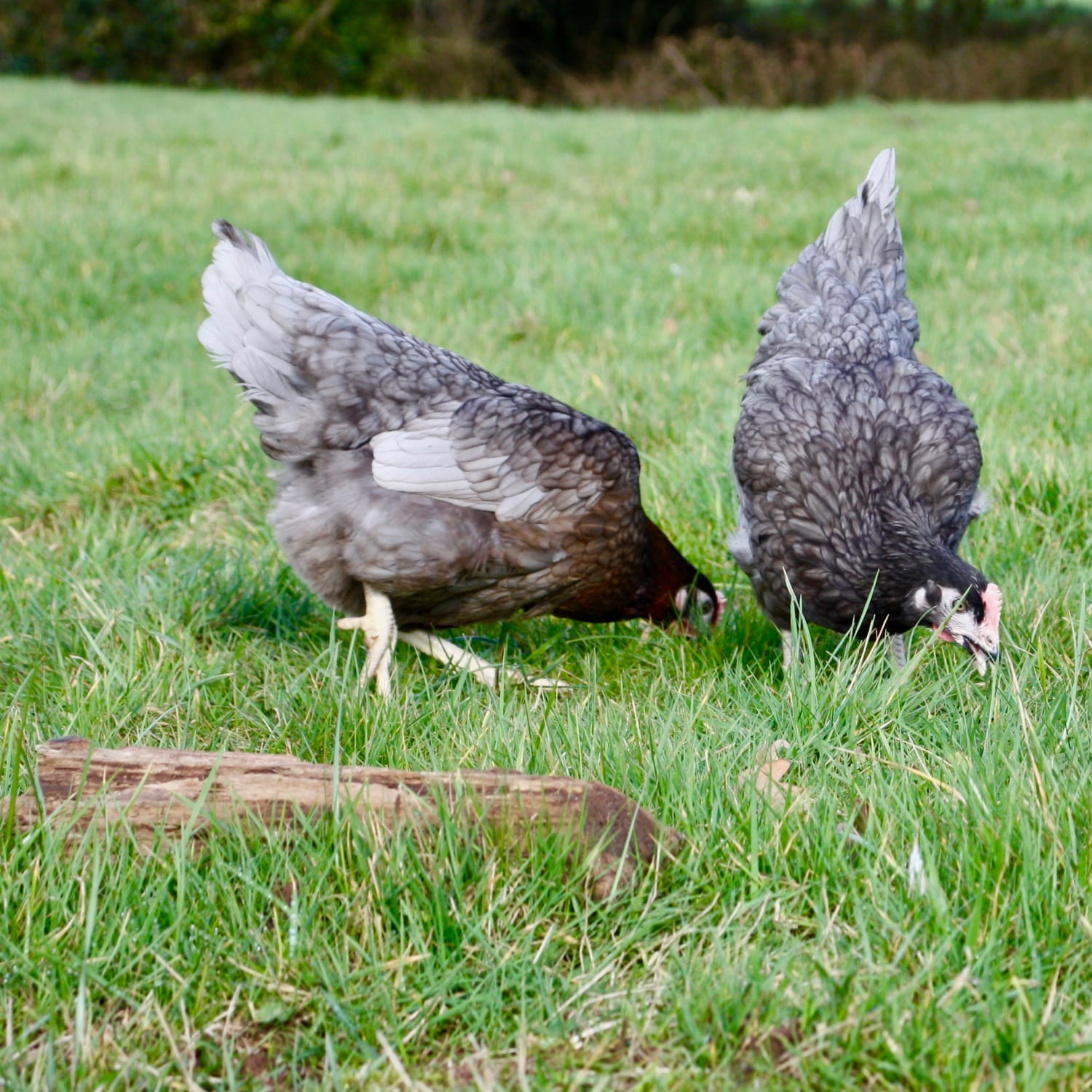
Foraging for Friends
Chickens are very social being, they love the company of others and people, foraging is a natural way that chickens will interact with each other. They will forage together in pairs or groups and work a patch of ground together, they will also bathe together, scratching the ground and making a dust bath as a flock.
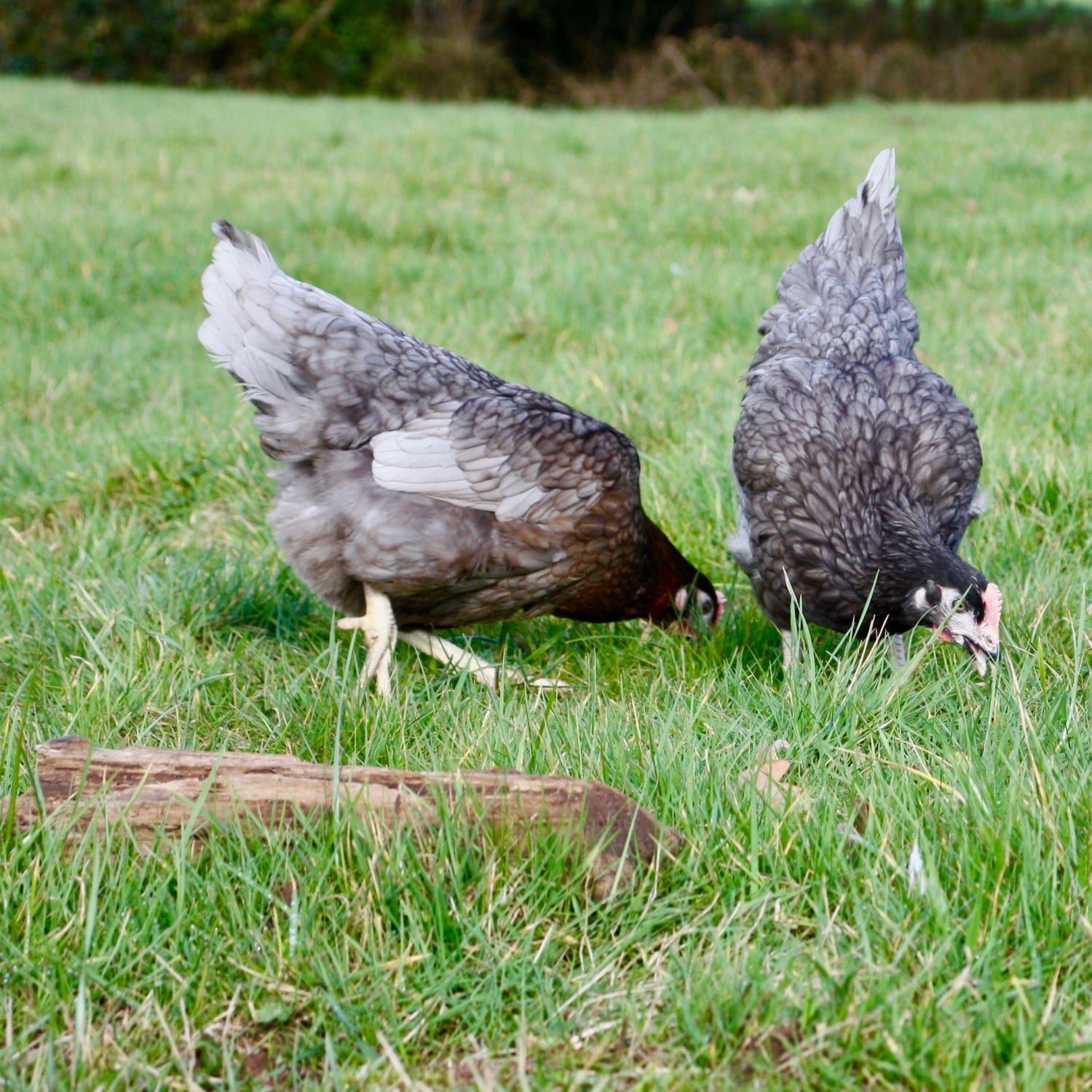
Safe Forager
It’s important to keep your ladies safe from predators whilst they forage, if you have a large open space then it’s always best to be around while they forage about, especially if you have little fluffy chickens such as Polish or Silkies, these can easily get taken by predators including birds of prey, they can also get lost, not the brightest of birds and with some limited vision due to their pompoms they would be happier with a little forage patch in their run or your garden. Keep them topped up on plenty of Immune Boosting treats and digestive aids, such as apple cider vinegar, multi vitamins with B12 and don’t forget to pop a dab of sun cream on the top of their beaks if you can on very sunny days.
Happy Foraging.
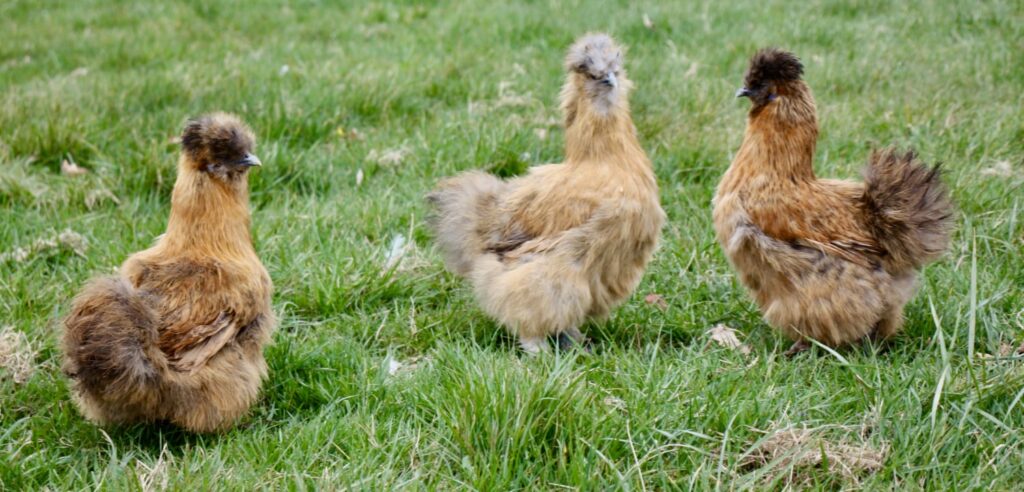
5 Reasons Your Chickens Forage
- For Food & Nutrients
- To Create Social Bonds
- Exhibiting Natural Built In Behaviour
- To Forage Grit For Healthy Digestion
- To Create Dust Baths For Natural Pest Control

